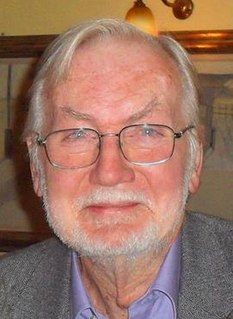A Quote by Simon Schama
The novelist's obligation to remake the sensuous texture of a vanished world is also the historian's. The strongest fiction writers often do deep research to make the thought and utterances of lost time credible.
Related Quotes
We writers – and especially writers for children, but all writers – have an obligation to our readers: it's the obligation to write true things, especially important when we are creating tales of people who do not exist in places that never were – to understand that truth is not in what happens but what it tells us about who we are. Fiction is the lie that tells the truth, after all.
I think all of us begin as writers. I wanted to be a writer from the time I as eight, long before I heard of jazz. The question is, once you have that obsession, what is your subject going to be and you often don't know for some time. It might become fiction, it might be non-fiction, and if it's non-fiction it can go in any number of directions.
Writers of historical fiction are often faced with a problem: if they include real-life people, how do they ensure that their make-believe world isn't dwarfed by truth? The question loomed large as I began reading 'The Black Tower', Louis Bayard's third foray into historical fiction and fifth novel overall.
Okay, this is Fran Lebowitz. She gave an interview once for the Paris Review about trying to write fiction and saying that fiction writers start talking about how characters are talking to them, and it's crazy, she's never had that. And I also thought, I'm never gonna be able to do this, because I didn't feel that for a really long time.








































